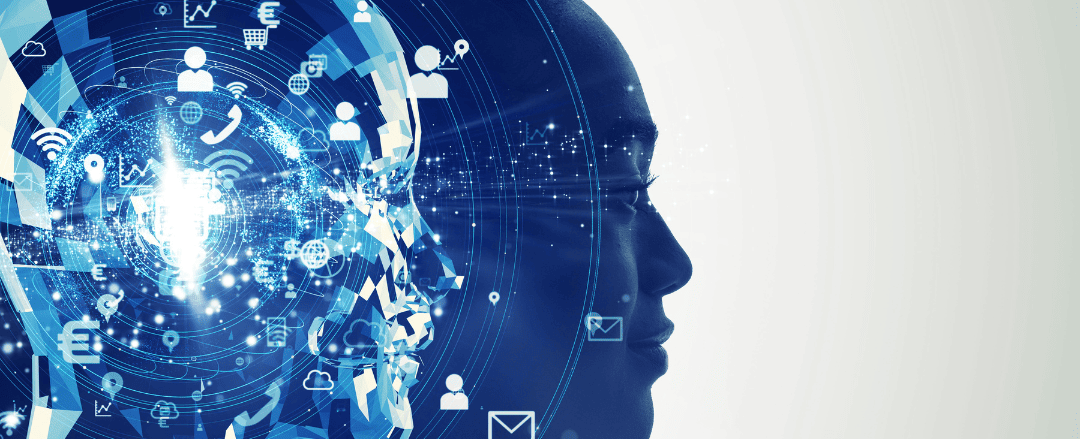From the initial release of ChatGPT in late 2022 to Google’s recent release of Gemini, the new age of AI presents the world with many innovative solutions as well as cybersecurity risks. Phishing attempts have become more elaborate, password hacking is more attainable, and fake content is easily spread. Organizations must act promptly to defend against these cyber attacks as AI rapidly advances.
What is AI?
AI, otherwise known as artificial intelligence, refers to technology that can perform tasks that typically require human intelligence. These tasks include learning, reasoning, problem-solving, and decision-making. They fit into subcategories like machine learning, robotics, natural language processing, and more. AI is constantly evolving, and while it offers numerous benefits across industries, it also presents issues that organizations may not be prepared for.
What are the Risks?
As AI capabilities grow in sophistication, so do cyber attacks. Recent AI-powered technology can conduct more elaborate attacks by processing vast amounts of data, adapting to changing circumstances, creating detailed content, and automating various tasks. When organizations adopt new technology or expand to hybrid work settings, their vulnerabilities increase. Below are some of the most common risks that stem from AI.
Enhanced phishing attacks: Messages can be generated with a simple prompt using AI language models like ChatGPT and Google Bard. Attackers can use these applications to write convincing and personalized phishing messages, increasing the success rate of a phishing attempt.
AI-powered malware: AI can enhance malware by adapting its behavior to internal systems to evade security procedures. This type of malware can more easily slip past defenses, making it more difficult for IT teams to predict.
Physical safety risk: As more systems, such as autonomous vehicles, manufacturing and construction equipment, and medical systems use AI, risks to physical safety can increase. For example, the dataset for maintenance tools at a construction site could be manipulated by an attacker to create hazardous conditions.
AI-generated fake content: AI can generate images, videos, messaging, and even voice recordings. This activity is especially dangerous to organizations and the general public, leading those to believe in fake news. In more severe cases, this generated content can be used to mimic or impersonate individuals in social media attacks.
How Calvetti Ferguson Keeps You Secure
Organizations depend on technology to increase scale, reduce costs, and gain competitive advantage. At the same time, technology exposes organizations to new risks from disruption, fines or lawsuits, and reputational damage. We provide technology advisory services ranging from simple cybersecurity assessments to gauge your IT posture to virtual CIO/CISOs that provide strategic IT guidance and management. Below are more services that help safeguard your organization from potential cyber threats:
- IT assessment
- Managed security service provider (MSSP) services
- Penetration test & vulnerability scans
- Cyber threat hunting
- CIRP & tabletop testing
Our team consists of IT leaders, consultants, and advisors who recognize the ever-changing nature of emerging technology and the capabilities of AI. We take the time to delve into your organization’s cybersecurity needs and craft effective solutions to address risks like AI-generated threats.
Contact Us
Calvetti Ferguson works with middle-market companies, private equity firms, and high-net-worth individuals nationwide. Regardless of the complexity of the compliance, assurance, advisory, or accounting need, our team is ready to help you. Please complete the form below, and we will follow up with you shortly.

